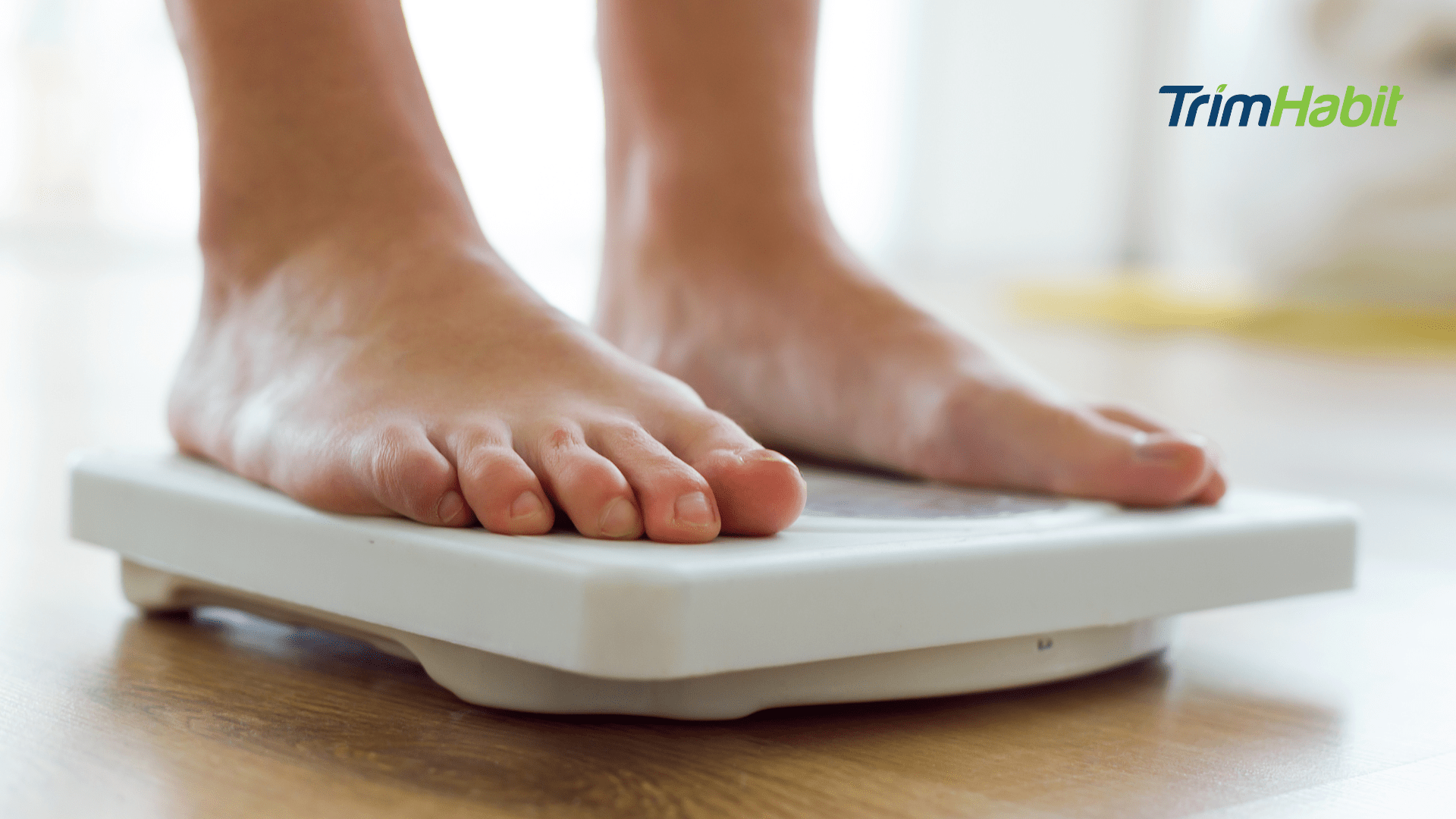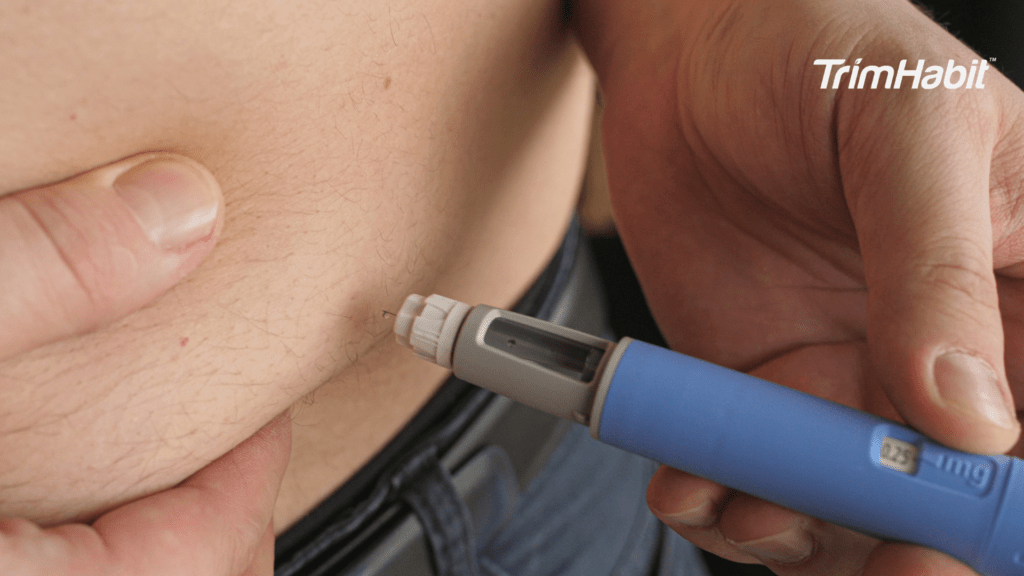You step on the scale and see a number that surprises you. It feels discouraging, even though you thought you were doing everything right. This moment is familiar to many people who are trying to improve their health.
The truth is, learning how to track your progress without obsessing over the scale is one of the most valuable steps you can take in your wellness routine.
The scale can be a helpful indicator, but it only tells part of your story. It is a data point, not a reflection of everything happening inside your body. There are many other ways to observe change that reveal a more honest and complete view of your health.
Understanding these other forms of progress can help you develop a healthier mindset toward your body, movement, and daily habits. The goal is to replace scale obsession with awareness and appreciation for every improvement, visible or not.
Why The Scale Can Mislead You
For years, people have used the scale weight as the main marker of health and progress. When someone talks about losing weight, they usually mean seeing a smaller number on that device in the bathroom. However, what the scale measures is not just fat. It reflects your total body weight, which includes water, muscle, bone, and tissue.
Your body composition changes constantly. You may see a higher number after eating a meal rich in salt or carbohydrates due to water retention. Hormonal shifts, especially during the menstrual cycle, can also cause temporary fluctuations. These variations do not represent failure. They are natural biological responses.
When you focus only on the number on the screen, you miss all the invisible improvements that truly matter. Allowing the scale to determine your success can cause frustration and disappointment, turning your progress into an emotional rollercoaster. This can slowly harm your mental health and reduce your motivation to continue your health journey.
Seeing Progress In A Broader Way
Progress is not limited to visible fat loss or quick weight loss results. It includes how you feel each morning, how your body performs during exercise, and how consistent your choices have become. When you begin to measure progress from a broader perspective, you recognize how much you have already achieved beyond a number.
Sometimes your body will appear different even if the scale does not change. This happens when losing fat occurs alongside muscle gain. In these moments, your clothes may fit better, and your reflection may show more strength and shape. The scale might remain stable, but your fitness journey is clearly evolving.
This is because muscle weighs the same as fat, but it is denser and takes up less space in your body1. As you gain muscle through consistent strength training, you enhance your metabolism, improve posture, and strengthen physical confidence. These are meaningful milestones that cannot be measured through numbers alone.
To break free from the pressure of the number on the scale, remind yourself that progress is rarely instant. Your long-term journey toward health and strength is built on patience and consistency, not perfection.
Appreciating What The Scale Cannot Show
The most rewarding results often come from what the eye cannot immediately see. Every time you move with more control, breathe more steadily, or feel renewed energy after a good workout, you are growing stronger in ways that the scale cannot capture.
These are known as non-scale victories. They might seem small at first, but they make a big difference in how you stay motivated and engaged with your routine. Examples include lifting heavier weights, noticing more energy during the day, sleeping better, or receiving compliments about your posture and muscle tone.
Such signs reveal that your fitness goals are progressing. You are not only changing physically but also mentally, building confidence and trust in your efforts. This awareness helps you connect to the big picture and remember that your journey is about well-being, not just numbers.
A better relationship with your body grows when you focus on how you feel, not only how you look. You begin to understand that wellness involves balance, self-care, and progress that feels sustainable.
The Process Of Physical And Mental Change
Your fitness journey follows a continuous process of adaptation. You learn to eat better, move with purpose, rest more deeply, and think more kindly about yourself. This evolution takes time, and it is natural for progress to appear inconsistent from week to week.
Sometimes, your energy levels may drop due to stress, lack of sleep, or inadequate nutrition. Other times, you will notice a surge in strength and focus. These cycles are normal. The human body responds to many internal and external influences.
If you expect drastic changes overnight, disappointment will follow. Transformation happens through steady effort and mindful adjustment. As your body composition shifts, the changes become more visible and more permanent. The key is to maintain consistency and patience while your body learns to adapt.
How To Track Your Progress Without Obsessing Over The Scale
You can continue to track progress while maintaining peace of mind. There are several effective and balanced ways to evaluate your improvements without depending on the scale.
1. Body Measurements
A tape measure is one of the simplest tools you can use. Measure your waist, hips, arms, chest, and thighs at regular intervals. These body measurements reveal where change is happening, even when your scale weight does not shift. This is particularly helpful if your muscle gain is balancing out your fat loss.
2. Progress Photos
Taking progress photos allows you to see gradual transformation that mirrors often fail to show. Subtle differences in shape, definition, and muscle tone are clearer when you look back at images from several weeks or months earlier.
3. Clothing Fit
Noticing how your clothes fit can give valuable insight into your progress. Looser pants, a more comfortable waistline, or sleeves that show slightly more definition are signs that you are moving in the right direction.
4. Energy and Performance
Improvement in daily strength, stamina, and energy levels signals positive change. If you can climb stairs more easily, complete workouts with enthusiasm, or focus better during the day, your health journey is advancing.
5. Strength and Endurance Records
Keep a journal or digital log to record how often you lift heavier weights, perform extra repetitions, or finish challenging workouts with confidence. Tracking your physical capacity helps you appreciate internal growth that is invisible on the scale.
6. Professional Assessments
If you prefer measurable data, consider a dexa scan. It evaluates body fat, muscle, and bone density, offering a scientific view of your body composition. Unlike a traditional scale, it distinguishes between fat gain, build muscle, and lean tissue, giving a more complete picture of your progress.
These varied measures present a full picture of your health, helping you value every layer of development, not only external appearance.
The Importance Of Self-Compassion
Progress is never perfect. Some days you will feel unstoppable, and others you will struggle. During these moments, self compassion is essential. It prevents you from becoming harsh with yourself when results slow down or reverse temporarily.
Accept that fluctuations happen. Sometimes, water weight or water retention can change your measurements without affecting your fat levels. Your body works in cycles, and those shifts are signs of normal function.
When you maintain patience, you begin to feel confident in your ability to sustain this long term journey. You trust that persistence matters more than perfection. Each small action, whether choosing nutritious food or taking time to rest, contributes to your wellness.
True confidence grows when you recognize that progress includes both forward steps and pauses for reflection. This balanced view keeps your mental health strong and your motivation steady.
Why Daily Weighing Can Undermine Growth
Many people believe that weighing themselves daily is a productive habit. While it might offer accountability, daily weigh ins can also increase anxiety. The natural changes in your body weight from hydration, digestion, or hormone shifts can make you feel as though you are moving backward, even when you are not.
If the number on the scale influences your mood, it is time to adjust your routine. The scale provides information, but it cannot reveal your physical strength, discipline, or determination. Relying on it too often can distract from what truly matters, which is long-term consistency.
Instead, monitor your other metrics once or twice a month. Check your body measurements, take progress photos, or note your physical endurance. Observing these markers helps you stay grounded in reality and appreciate improvements that might otherwise go unnoticed.
A Balanced Approach To Tracking
To start tracking your development in a healthy way, shift your focus from control to observation. Notice what your body tells you instead of demanding constant proof that it is changing.
You might choose to evaluate your progress every few weeks. During those times, reflect not only on how your clothes fit or how your workouts feel but also on your emotional and physical state. If you sense better concentration, smoother breathing, or a lighter spirit, those are victories worth celebrating.
Each habit, each mindful meal, and each act of rest are parts of your health evolution. Observing them with gratitude turns routine tracking into a mindful practice that supports your fitness goals rather than restricting them.
Celebrating Small Wins
Progress often appears through small wins that accumulate over time. These moments, though quiet, are the foundation of meaningful transformation. They might involve completing an extra set, saying no to a quick fix, or choosing sleep over scrolling at night.
When you celebrate these actions, you reinforce the value of consistency. Each small victory fuels the next, helping you see that progress is more than a visible result. It is the daily discipline that slowly changes how you live.
Even subtle improvements, such as steadier breathing or smoother movement, make a big difference in your motivation. Over time, these adjustments shape both your body and your mindset.
The Gift Of Patience
Patience is what sustains real transformation. The process of change requires faith in yourself and trust that progress takes time. Comparing your timeline to others will only add stress. Each body adapts differently based on genetics, rest, and routine.
In practicing patience, you create space for lasting health. You also protect your emotional balance and your ability to continue growing without burnout. Consistency turns daily habits into a lifestyle that supports strength and clarity.
Progress will not always be visible, but it is always building. It moves quietly through each repetition, each meal, and each moment of rest. Over time, the results will reveal themselves in how you move, think, and feel.
Conclusion
Learning how to track your progress without obsessing over the scale teaches you to appreciate your body in new ways. True transformation includes visible and invisible changes, from improved strength to renewed peace of mind.
When you rely on other metrics such as body measurements, clothing fit, and progress photos, you gain a deeper understanding of your body composition. This lets you celebrate growth without reducing yourself to a single number.
Every choice to nourish, rest, and move intentionally contributes to the big picture of your wellness. By stepping away from scale obsession, you create space for self-respect and gratitude.
Your health journey is meant to be kind, steady, and full of learning. With patience, care, and trust in the process, you can transform your relationship with your body and truly feel confident in the right track you are taking.









